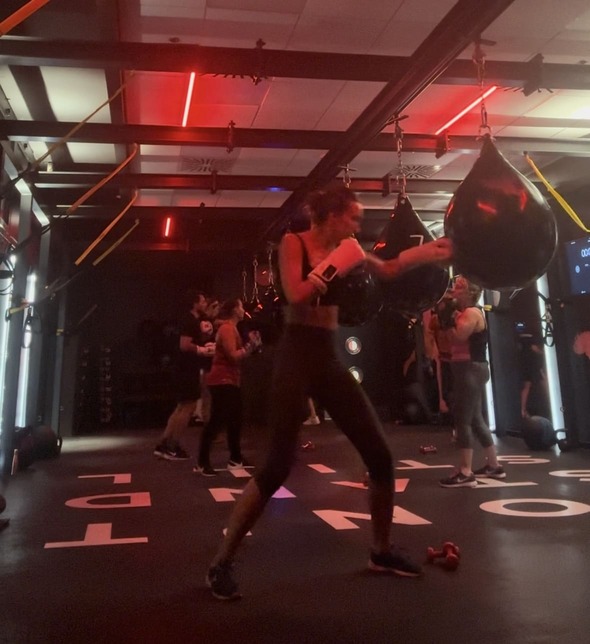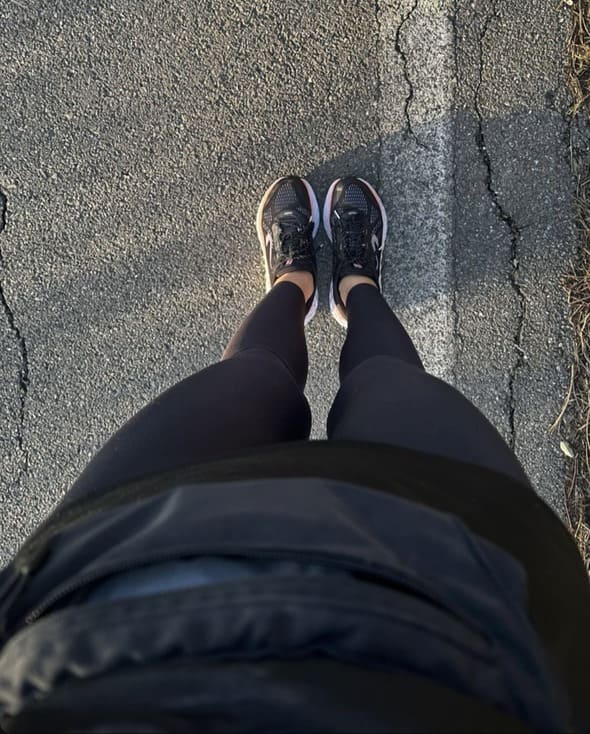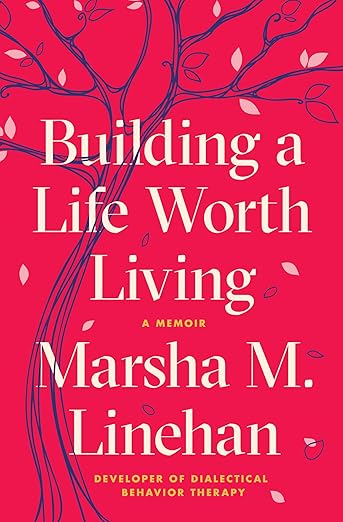Living with Borderline Personality Disorder (BPD) feels a bit like constantly navigating stormy seas on a hand made sea raft. One minute, you’re basking in the sunshine of a calm, centered self, and the next, you’re pulled into emotional tidal waves so fierce you can barely keep your head above water. For me, exercise has become my mental life raft—a powerful, gritty way to channel the intensity and unpredictability of my mind into something that strengthens both my body and my spirit. But I’m not talking about exercise just as some calorie-burning, muscle-building endeavor. This is about using movement as a lifeline for mental health, a practice to foster inner peace, and, let’s be real, a safe place to get out some serious aggression.
The Medicine in Movement
The science is clear: physical exercise releases endorphins, lowers cortisol levels, and generally gives the brain a nice little “we got this” boost. But what doesn’t often get highlighted in those wellness articles is just how potent exercise can be for people like us—people who sometimes feel like they’re walking emotional tightropes. Movement is medicine for the mind, especially when dealing with a condition like BPD, where emotions can swing so hard and fast they feel like a cardio workout of their own.
Whether I’m boxing, running, or flowing through pilates, each form of exercise offers its own unique way to calm the storm. Each punch, step, or stretch allows me to release tension, ground myself, and rediscover my own strength. Sure, it’s all great for the body, but the real magic lies in what it does to my mind.
Boxing: Punching Out Anxiety
Boxing has become my go-to therapy. There’s something about the EDM or rap music in my headphones, the weight of gloves, the rhythm of strikes, and the sheer act of hitting something that’s deeply cathartic. Boxing is controlled chaos; it’s all about focusing on technique while unleashing raw energy, much like managing BPD’s intense emotional surges. Each jab and cross reminds me that I am in control of my body, which, in turn, reassures me that I can also manage my mind.
Boxing is where I feel most aligned with my sense of self—strong, powerful, and surprisingly graceful in the fury. When I’m in that zone, every punch is a release of pent-up frustration, sadness, and anxiety. It’s a reminder that no matter how turbulent my inner world gets, I have the power to direct my energy in ways that serve, not sabotage, me.
Running: The Meditation in Motion
Now, I’ll be honest: I’m not the fastest or most elegant runner out there, but running is where I can just be. It’s my moving meditation, my quiet time with the world passing by. Running doesn’t judge (unless you’re one of those Strava fanatics); it doesn’t require intense focus like boxing or precise movements like pilates. Instead, running just asks that I keep putting one foot in front of the other, moving forward, finding a rhythm, and breathing it all in.
On days when the weight of BPD feels particularly heavy, a good run can feel like shedding layers of negativity. The act of moving through space, quite literally creating distance from my worries, becomes a metaphor for creating space in my mind. Running is where I find clarity, peace, and (maybe the best part) a solid dose of the “runner’s high.”
Pilates: Grounding Mind and Body
Then there’s pilates—a practice that combines strength and fluidity in a way that feels less like exercise and more like a dance with my own core. Pilates demands focus and intentionality, which makes it an excellent counterbalance to BPD’s tendency to pull my mind in a hundred different directions. When I’m working through a pilates session, I have to be present, aware, and balanced.
Pilates also has a spiritual element. In each stretch and controlled movement, there’s a sense of grounding and reconnecting with myself. It’s slow and deliberate, reminding me that strength doesn’t always come from force; sometimes, it’s the result of patience, practice, and gentle persistence.
The Importance of Balance (And Yes, Rest Too)
One of the key lessons I’ve learned on this journey is that it’s easy to use exercise as just another coping mechanism, something to overdo and rely on to the point of burnout. Maintaining balance is vital. It’s not about punishing myself with endless hours of exercise but about creating a relationship with my body that’s based on respect, patience, and self-compassion.
Taking rest days is an essential part of this relationship. Just like emotions come in waves, so too does energy. Some days call for full-throttle boxing sessions, and some days call for gentle walks or restorative yoga. Balance, I’ve found, is the real key to lasting mental wellness.
Watching from the Sidelines: Fencing and Flow
My boyfriend’s fencing habit is proof that physical activity can take all sorts of forms and still have a profound impact on mental health. Watching him get into “flow” mode with his sword is like seeing a moving meditation, a dance of precision and focus. Fencing, like boxing or running, is an exercise in mindfulness, but even more than that; it demands full attention, strategy, and this channels intensity into something constructive. And while I’m not exactly ready to put on a fencing mask, I love how his passion for it has reinforced my belief that mental wellness can take many shapes and forms, each suited to the unique needs of our minds and personalities.
Exercise as a Spiritual Practice
Exercise, for me, has become more than just a mental health tool; it’s a spiritual practice. When I’m moving, I’m engaging not just my body, but also my mind and spirit. I’m learning to listen to my body, to respect its limits, and to marvel at its strength. Each workout becomes an opportunity to center myself, to shed negativity, and to remind myself that I am more than my diagnosis. I am resilient. I am strong. And on some days, when everything aligns just right, I am at peace.
To anyone struggling with BPD or any other mental health challenges, I’d say this: find a movement that calls to you, something that speaks to your spirit and lets you channel that energy in ways that serve you. Whether it’s boxing, dancing, swimming, running, or even fencing, physical activity has the power to transform not only your body but also your mind and spirit. Embrace it, honor it, and let it be your guide through the stormy seas of mental health.
Love, V





